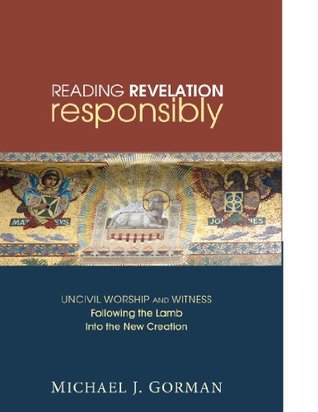mythical and poetic language to express great truths about God, evil, history, and so on. It is sometimes called the idealist, spiritual, non-historical, timeless, or transtemporal approach. This approach has always been somewhat reactionary as well, responding to perceived interpretive abuses in a predictive approach but also to deficiencies in a purely historical reading. Church fathers such as Origen, the great third-century allegorical interpreter, and, to a lesser extent, Augustine (354–430), building on the work of an interpreter named Tyconius, reacted against futuristic
...more
This highlight has been truncated due to consecutive passage length restrictions.


